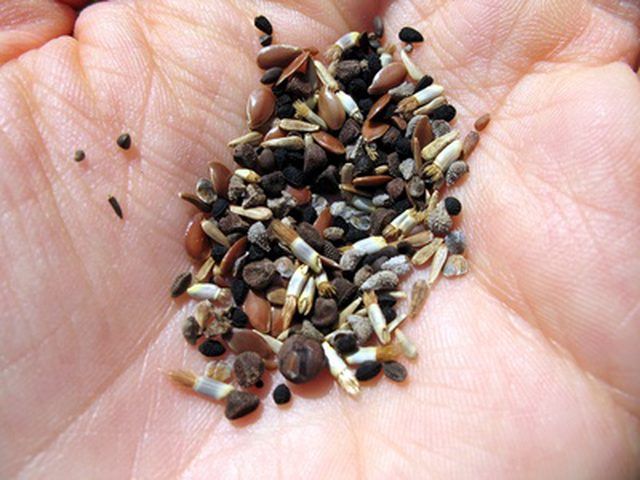Bulbs
Flower Basics
Flower Beds & Specialty Gardens
Flower Garden
Garden Furniture
Garden Gnomes
Garden Seeds
Garden Sheds
Garden Statues
Garden Tools & Supplies
Gardening Basics
Green & Organic
Groundcovers & Vines
Growing Annuals
Growing Basil
Growing Beans
Growing Berries
Growing Blueberries
Growing Cactus
Growing Corn
Growing Cotton
Growing Edibles
Growing Flowers
Growing Garlic
Growing Grapes
Growing Grass
Growing Herbs
Growing Jasmine
Growing Mint
Growing Mushrooms
Orchids
Growing Peanuts
Growing Perennials
Growing Plants
Growing Rosemary
Growing Roses
Growing Strawberries
Growing Sunflowers
Growing Thyme
Growing Tomatoes
Growing Tulips
Growing Vegetables
Herb Basics
Herb Garden
Indoor Growing
Landscaping Basics
Landscaping Patios
Landscaping Plants
Landscaping Shrubs
Landscaping Trees
Landscaping Walks & Pathways
Lawn Basics
Lawn Maintenance
Lawn Mowers
Lawn Ornaments
Lawn Planting
Lawn Tools
Outdoor Growing
Overall Landscape Planning
Pests, Weeds & Problems
Plant Basics
Rock Garden
Rose Garden
Shrubs
Soil
Specialty Gardens
Trees
Vegetable Garden
Yard Maintenance
Can You Grow Plants From Seeds That Have Been Frozen?
Can You Grow Plants From Seeds That Have Been Frozen?. Plants often produce seeds at the wrong time for new plants to survive. They produce seeds in the summer and fall that survive the winter and grow into the new plants the following spring.

Plants often produce seeds at the wrong time for new plants to survive. They produce seeds in the summer and fall that survive the winter and grow into the new plants the following spring.
Stratification
Stratification of seeds, either natural or artificial, helps some seeds break dormancy. Seeds are kept moist and at temperatures below 40 degrees Fahrenheit for a specific length of time. Some seeds require temperatures below freezing in order to break dormancy and germinate.
Seed Banks
Seed banks store seeds in controlled environments with temperatures well below freezing. Seed banks preserve seeds in vaults in the event of global catastrophe and to preserve genetic diversity.
Annuals
Annual plants die every winter and are unable to survive a cold winter. They produce seeds throughout the summer which survive temperatures far below freezing in order to germinate and grow into new plants the following summer.
Perennials
Perennials survive more than a single season, sometimes for many years. Their seeds are more likely to require stratification than annual seeds and some won't germinate until two or more winters have passed.
Frozen Seeds
Seeds that have been frozen will probably grow. It depends on the length of time they were frozen, how they were stored and what type of seed it is.